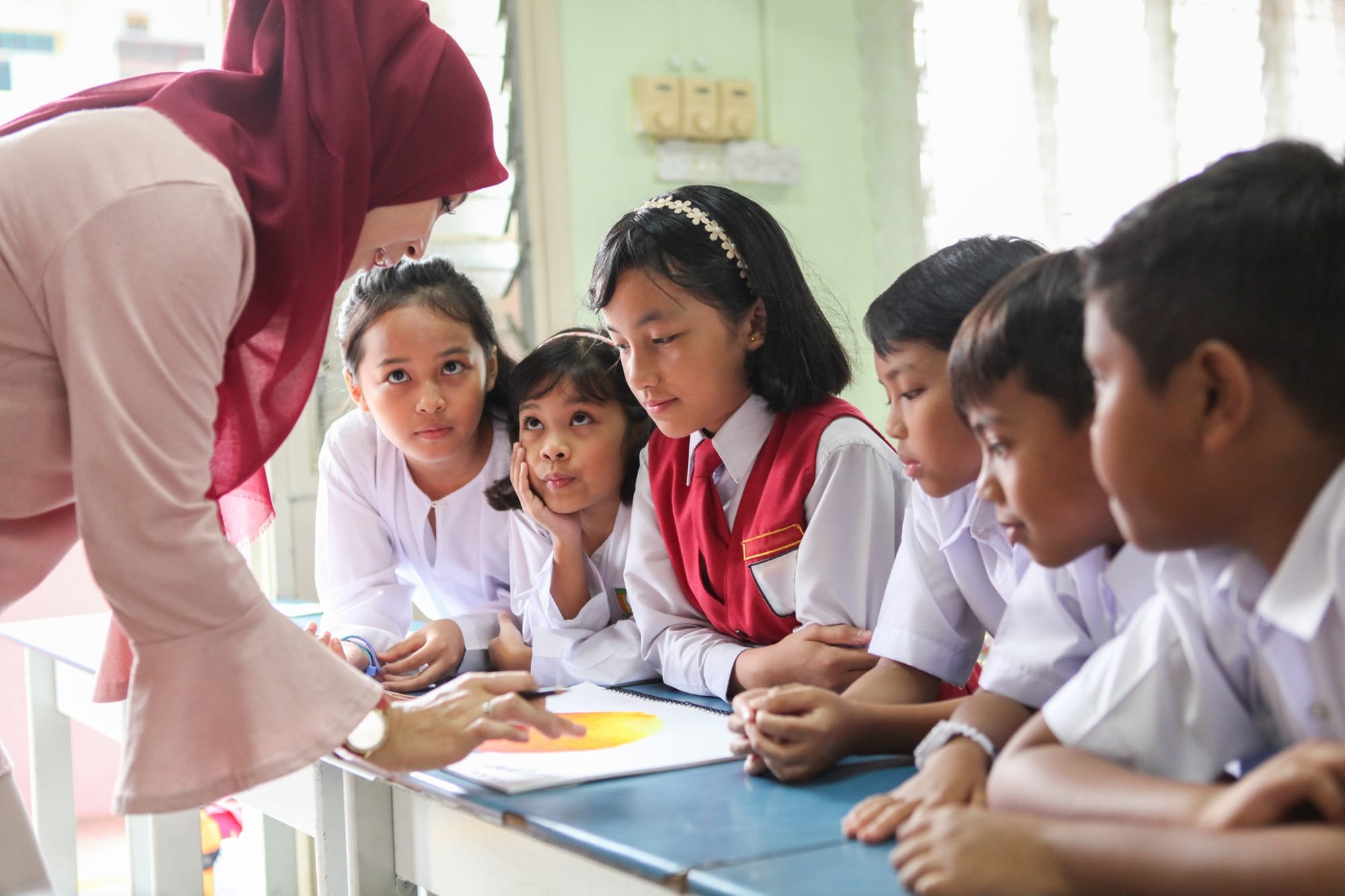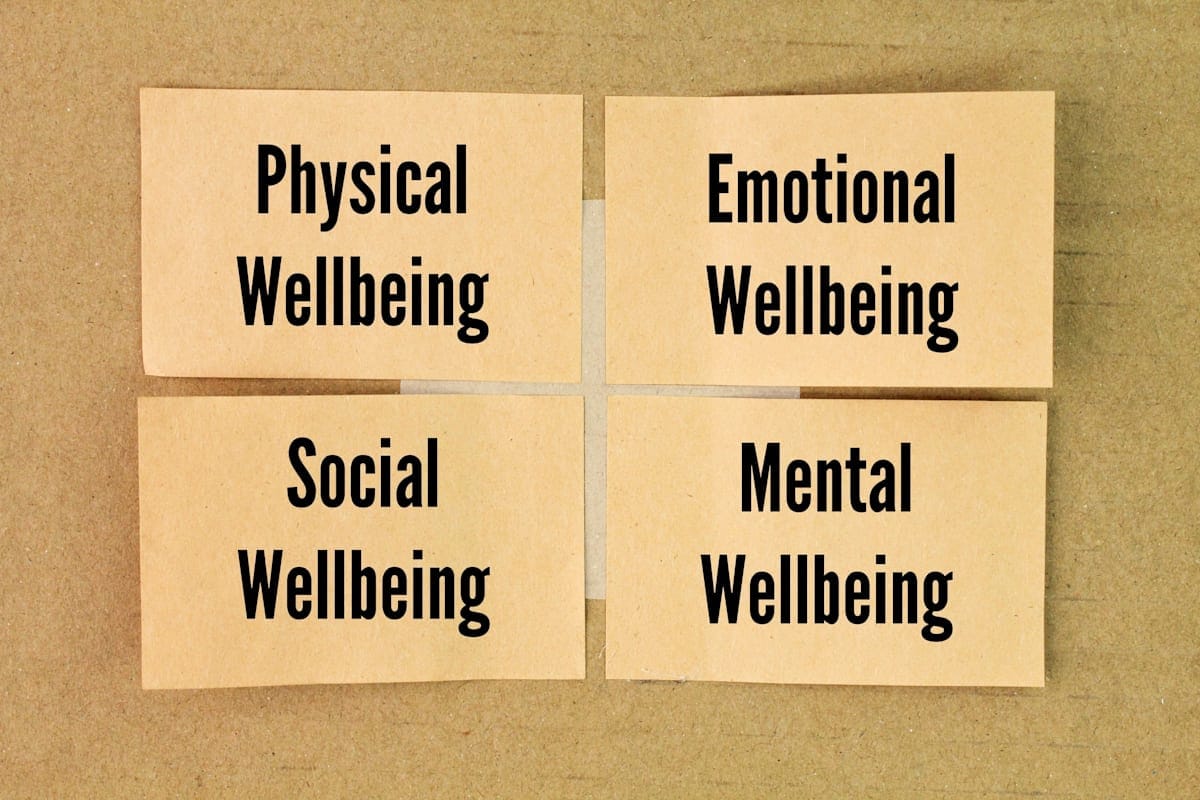
Malaysia currently hosts more than 180,000 registered refugees and asylum seekers, yet it is not a signatory to the 1951 UN Refugee Convention. This means refugees aren’t legally recognised and are barred from formal employment, healthcare, and public schooling.
In this legal grey zone, Malaysia functions as a transit country, where refugees live in prolonged uncertainty, often for years or decades.
Children and youth suffer the consequences most acutely. They lack access to national education systems, face language and social integration barriers, and often live in overcrowded, insecure conditions.
Despite these challenges, refugee communities have created more than 130 informal schools – or refugee learning centres – across the country. These schools are often community-led, underfunded, and operate with little to no formal recognition or support.
The struggles of refugee schools
Refugee schools in Malaysia vary widely in size, curriculum, teacher training, and resources. Some operate in cramped apartments or shop lots, while others rely on a small network of volunteer teachers. Most lack structured mental health or wellbeing programs, despite serving students who have experienced displacement, trauma, or prolonged instability.
Teachers and school leaders consistently told us that while basic literacy and numeracy remain a priority, what their students needed most was a space to process their emotions, build resilience, and express themselves – all within the bounds of a safe, structured environment.

A handbook for adolescent wellbeing
In response, our research team at Monash University Malaysia, in collaboration with Dignity for Children Foundation, co-designed a six-month wellbeing intervention handbook for adolescents aged 12 to 15.
It’s designed specifically for refugee learning centres in transit countries like Malaysia that host large refugee populations but lack formal refugee protections.
The initiative responds directly to the psychosocial and educational challenges faced by refugee adolescents who often fall through the cracks of both humanitarian assistance and public education systems.
The program blends two evidence-based approaches:
Social and emotional learning (SEL): To help students build emotional vocabulary, develop empathy, regulate emotions, and foster positive peer relationships.
Expressive writing: Drawing on the work of Dr James Pennebaker, this method encourages students to reflect and write about emotional experiences to support psychological processing and self-awareness.
The handbook offers 14 structured sessions, organised into two phases:
Phase one: Emotional awareness and expression
- Building emotional vocabulary
- Identifying and naming feelings
- Mindfulness and emotion regulation techniques
Phase two: Expressive writing practice
- Writing prompts on personal values, gratitude, goals, friendship, and adversity
- Peer discussion and reflection sessions
- Self-awareness and closure activities
Importantly, the handbook is adaptable for low-resource settings – it requires no digital devices and is designed for use by facilitators with minimal training.
Toward standardisation without uniformity
While refugee learning centres are diverse, many share a common challenge – lack of structure and support for mental health and psychosocial learning. This handbook doesn’t impose a one-size-fits-all model, but provides a standardised framework that schools can adapt to their own context and student needs.
We believe this approach can be replicated across transit countries facing similar legal and education gaps, including Thailand and Indonesia. By grounding interventions in evidence and co-designing with educators on the ground, we can support greater consistency and impact across refugee education systems.
Academia as partner, not just observer
This work reflects a growing commitment among researchers to not only study refugee education, but to actively co-create solutions. Academia can – and should – play a more direct role in supporting NGOs, schools, and teachers through:
- applied, field-based research
- co-designing practical tools
- evaluating impact through data and feedback
- supporting training and resource mobilisation
- amplifying refugee voices in policy spaces
Moving forward: Free access, open use
We are pleased to offer the handbook free of charge to any refugee learning centre, NGO, or education initiative working with youth in transit settings. This is not the final step, but an important milestone, one that shows what can be done when academia and community join forces.
Do reach out if you are interested in implementing this program for your school or organisation. We welcome collaborations with educators, learning centres, and partners across Malaysia and beyond. Together, we can create safer, more supportive spaces for refugee youth to thrive even in the most uncertain of circumstances.





